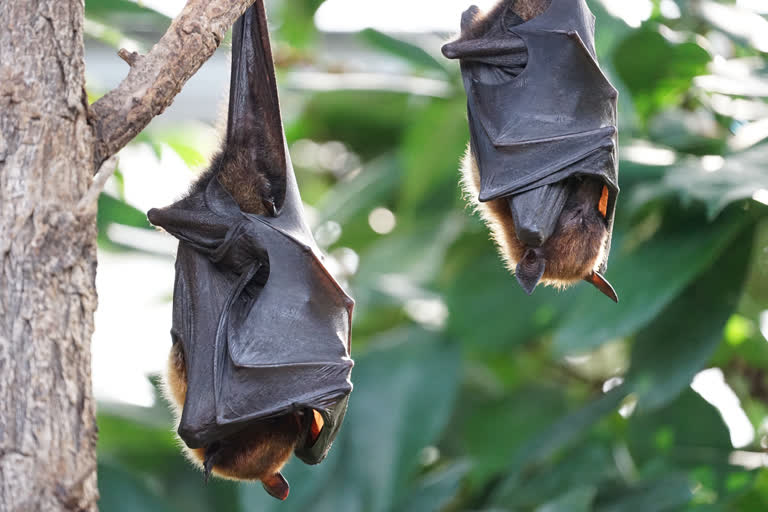Hyderabad: Though the novel coronavirus is just a micro-organism that cannot be seen through the naked eye, it is at present troubling the entire world. Millions of people are dying as a result of this infection. What is the source of this virus? Where did it originate from? Is it right to believe that it originated from the nocturnal animals like bats?
A group of researchers and bat-conservation scientists from South Asian countries have been stating that this might not be wholly true to say so. They say that the role of bats in the spread of COVID-19 is only a misconception. The false propaganda that coronavirus originated from bats has raised concerns about the removal or killing of these beings from in and around human habitats.
However, a joint statement by 64 researchers and scientists from six South Asian countries has been released, said Professor Srinivas, faculty at the Osmania University, Hyderabad. He made it clear that bats do not spread Covid-19. Hence, he appealed to the public that it is not advisable to hurt and kill the bats, by lighting fires and fireworks near the habitat areas of the animals with a view to getting rid of them.
Bat coronavirus and COVID-19 not the same
Recent research by ICMR identified bat coronavirus in two species of bats. On the other hand, the novel coronavirus, at present, is prevalent among human beings. “Humans are in danger of encountering new viruses as they infiltrate wildlife habitats. These viruses can come from bats or any other wildlife,” said Arinjay Banerjee, a postdoctoral researcher at McMaster University in Canada.
“More than 110 species of bats are endangered in India. The propaganda of lies at this time is not correct. The government should take appropriate measures to protect the bat species,” said Rajesh Puttaswamiah, who heads the Indian Bat Conservation Trust.
The role of bats in food security
A team of scientists has also made it clear that bats are very helpful in plant pollination. Bats eat insects that cause pests in crops such as rice, corn, cotton, and tobacco. Thus, the bat community is contributing to food security and economic assurance of the farmer. There is no evidence that suggests humans are infected directly with bats or their faeces.



